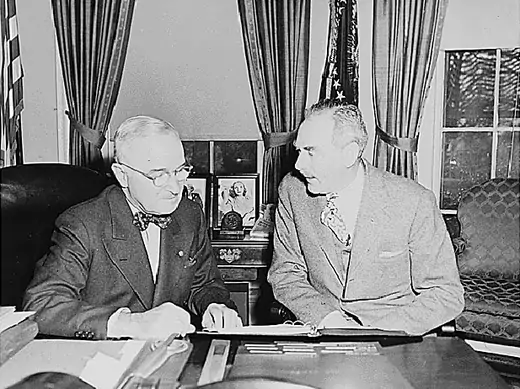- Iran
- Israel-Hamas
-
Topics
FeaturedIntroduction Over the last several decades, governments have collectively pledged to slow global warming. But despite intensified diplomacy, the world is already facing the consequences of climate…
-
Regions
FeaturedIntroduction Throughout its decades of independence, Myanmar has struggled with military rule, civil war, poor governance, and widespread poverty. A military coup in February 2021 dashed hopes for…
Backgrounder by Lindsay Maizland January 31, 2022
-
Explainers
FeaturedDuring the 2020 presidential campaign, Joe Biden promised that his administration would make a “historic effort” to reduce long-running racial inequities in health. Tobacco use—the leading cause of p…
Interactive by Olivia Angelino, Thomas J. Bollyky, Elle Ruggiero and Isabella Turilli February 1, 2023 Global Health Program
-
Research & Analysis
Featured
Terrorism and Counterterrorism
Violence around U.S. elections in 2024 could not only destabilize American democracy but also embolden autocrats across the world. Jacob Ware recommends that political leaders take steps to shore up civic trust and remove the opportunity for violence ahead of the 2024 election season.Contingency Planning Memorandum by Jacob Ware April 17, 2024 Center for Preventive Action
-
Communities
Featured
Webinar with Carolyn Kissane and Irina A. Faskianos April 12, 2023 Academic and Higher Education Webinars
-
Events
FeaturedJohn Kerry discusses his work as U.S. special presidential envoy for climate, the challenges the United States faces, and the Biden administration’s priorities as it continues to address climate chan…
Virtual Event with John F. Kerry and Michael Froman March 1, 2024
- Related Sites
- More
November 4, 2014
United StatesYesterday, I posted a list of great histories of the Cold War. Those books provide an excellent analysis of the U.S.-Soviet superpower rivalry. Their great strength is their detachment—they are acade…

April 12, 2014
Human RightsIn July 1978, the Soviet dissident Anatoly Sharansky was sentenced in a Soviet court for the "crimes" of teaching Hebrew, seeking emigration to Israel, and being part of the human rights movement in …
October 27, 2012
United StatesMurphy’s Law holds that if anything can go wrong, it will. On Saturday October 27, 1962, the twelfth day of the Cuban missile crisis, President John F. Kennedy might have been thinking about that fam…

October 23, 2012
United StatesThe first week of the Cuban missile crisis played out in secret. President John F. Kennedy and his advisers quietly evaluated the results of the U-2 overflights and formulated a response. But on Tues…

October 22, 2012
Political History and TheoryThe myth about how the United States won the Cuban missile crisis made it more difficult for presidents to do what common sense dictated, says CFR president emeritus Les Gelb.
 Online Store
Online Store